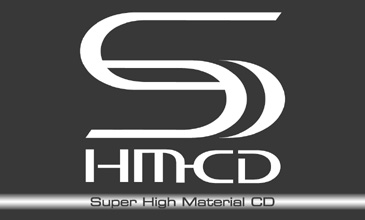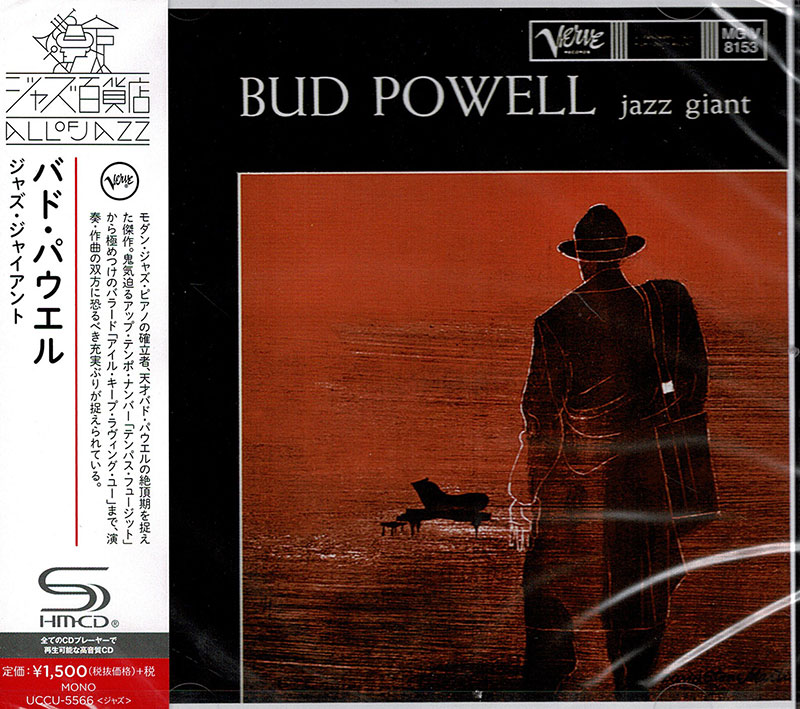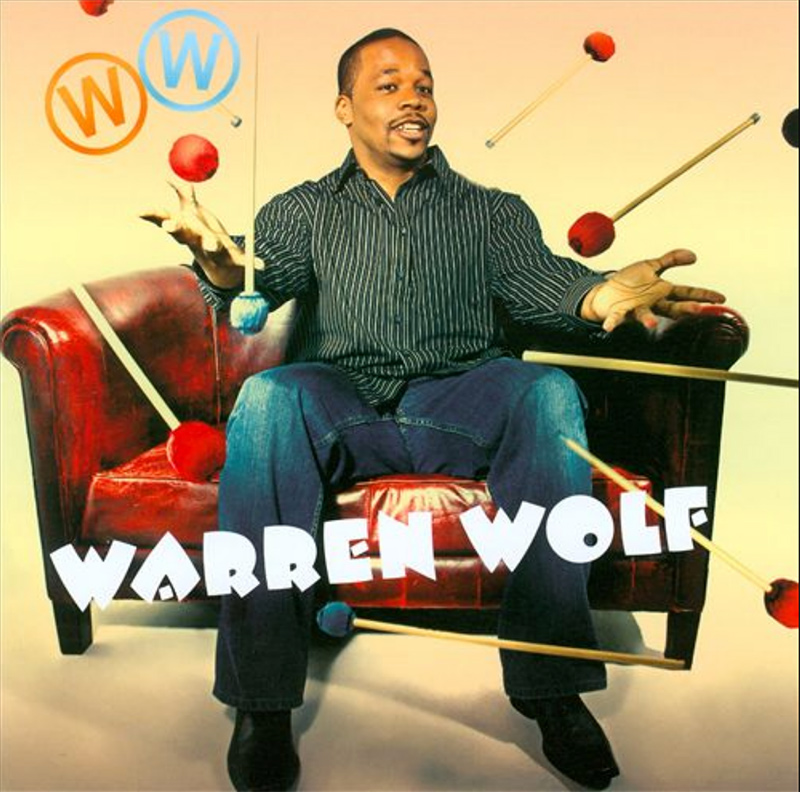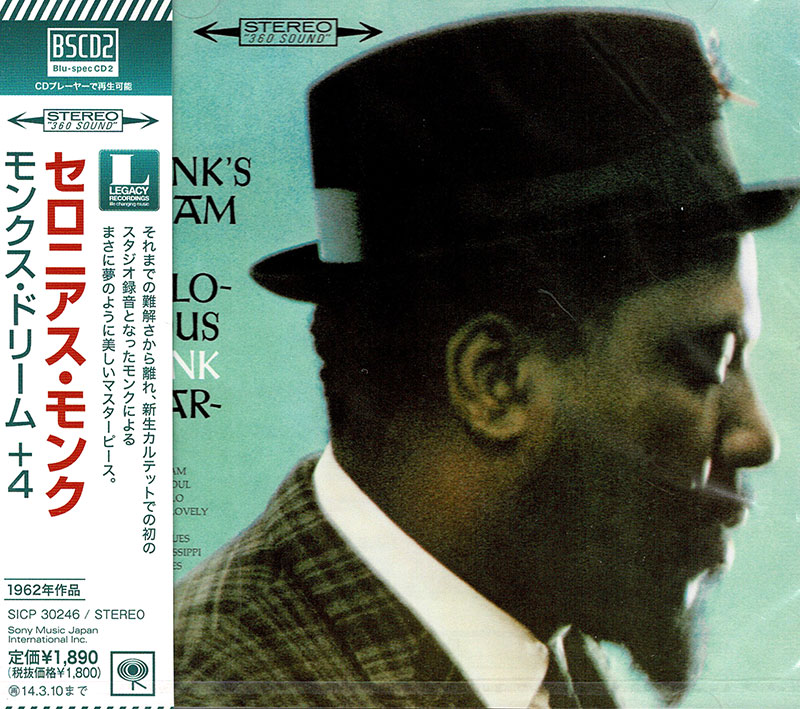Logowanie
OSTATNI taki wybór na świecie
Nancy Wilson, Peggy Lee, Bobby Darin, Julie London, Dinah Washington, Ella Fitzgerald, Lou Rawls
Diamond Voices of the Fifties - vol. 2
Tylko 1000 egzemplarzy!!!
DVORAK, BEETHOVEN, Boris Koutzen, Royal Classic Symphonica
Symfonie nr. 9 / Wellingtons Sieg Op.91
nowa seria: Nature and Music - nagranie w pełni analogowe
Petra Rosa, Eddie C.
Celebrating the art and spirit of music - vol. 3 - Pure
warm sophisticated voice...
Peggy Lee, Doris Day, Julie London, Dinah Shore, Dakota Station
Diamond Voices of the fifthies
Tylko 1000 egzemplarzy!!!
SAMPLER - STS DIGITAL, Buddy Tate, Milt Buckner, Walace Bishop
Jazz Masters - Legendary Jazz Recordings - v. 1
proszę pokazać mi drugą taką płytę na świecie!
Chesky! Niezmiennie perfekcyjny
Winylowy niezbędnik
ClearAudio
Double Matrix Professional - Sonic
najbardziej inteligentna i skuteczna pralka do płyt winylowych wszelkiego typu - całkowicie automatyczna
Bud Powell
Jazz Giant
- Bud Powell - piano
AllMusic Review by Lee Bloom [-]
Faced with the choice of any single Bud Powell date to aptly represent his intense musical genius, choosing Jazz Giant would not be a bad bet. Culled from two sessions (spring 1949 and winter 1950) this Verve release showcases the master of bebop piano leading a trio -- a setting in which he excelled. With impeccable support from bassist Ray Brown and drummer Max Roach, (substitute Curly Russell for Brown on the later date), an inspired Powell roars through a varied selection of original tunes and standards. In the category of brisk burners, we get one of his best-known compositions, the ebullient "Tempus Fugit." Ray Noble's "Cherokee," Harold Arlen's "Get Happy," and the ever-popular "Sweet Georgia Brown" are all taken at almost the same exhilarating clip. Powell's improvised lines at these breakneck tempos are marvelously clear and clever; take note of the Benny Harris' "Reets and I" melody which Powell quotes during his solo statement on "All God's Chillun Got Rhythm." Foreshadowing his less torrential later work is the soulful, buoyant, and supremely swinging "Strictly Confidential," which displays Powell's early and expert use of block chords to state the theme. Bud Powell's romantic and reflective side is in evidence on the medium tempo ballad "Celia" (written for his daughter) as well as on two unaccompanied solo piano tracks. Of these, Powell's haunting composition "I'll Keep Loving You" is outstanding; the subtle tension in his chord voicings, his effective use of contrast, and the consistent lack of clichés would later inform and inspire Bill Evans' solo piano concept. Powell's more florid, stride-inflected reading of Jerome Kern's "Yesterdays" is directly inspired by Art Tatum. Overall Jazz Giant (and the earlier session with Ray Brown, in particular) represents the best of Powell's Verve recordings. Highly recommended!

Płyty SHM-CD do odtworzenia we wszystkich typach czytników CD oraz DVD. Gwarantują niespotykaną wcześniej analogową jakość brzmienia, odwzorowują wszystkie walory taśmy-matki. Zdaniem specjalistów - ten nośnik i ta technologia najlepiej - bo natywnie, przenosi na krążek CD wszystkie walory nagrania analogowego.































